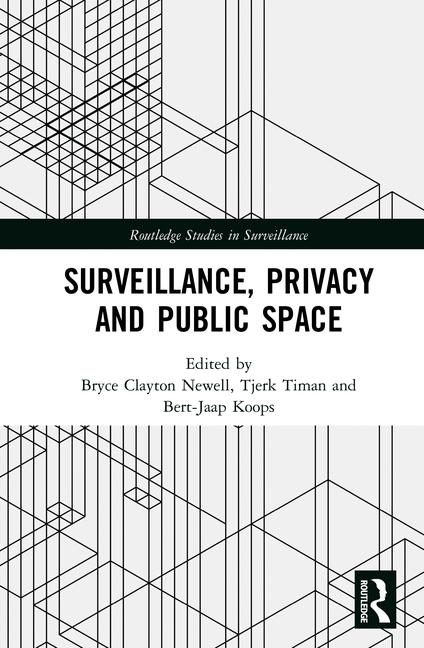San Francisco’s BART Under Fire for Withholding Surveillance to Avoid Racial Stereotypes

The San Francisco public metro system BART has stirred up some controversy with its explanation for why it ended its practice of releasing video surveillance of crimes committed on board the trains.
BART’s police department had been emailing daily logs of crimes on the system to about 300 people and news agencies until its new police chief, Carlos Rojas, was sworn in on May 24, according to the San Francisco Chronicle in its sister site sfgate.com.
BART refused to release surveillance video of three high-profile incidents involving groups of youths assaulting and robbing passengers. It was the reasoning the agency gave, however, for not releasing surveillance that created controversy.
According to the Chronicle article and an article from a CBS affiliate in San Francisco, BART Assistant General Manager Kerry Hamill said in a memo that was distributed to BART directors but was not intended to be public, that the agency would not be providing a press release on the June 30 incident (in which a woman on a train with a dozen or so teenagers had her phone snatched by one of them) because it was a “petty crime” that would make BART appear “crime ridden.”
But the biggest controversy surrounds Hamill’s statement that releasing the video would “unfairly affect and characterize riders of color, leading to sweeping generalizations in media reports.”
In subsequent emails, some directors questioned the reasoning, including BART Board member Debora Allen, who said, ““I don’t understand what role the color of one’s skin plays in this issue [of whether to divulge information]. Can you explain?”
Hamill went on to explain that she believed the media’s interest in the incidents is only to sensationalize the story for ratings.
BART Director Nick Josefowitz cited recently installed working cameras on each car (after reports following a January 2016 deadly shooting with no surveillance video revealed that only about one-third of the cameras on BART trains actually worked and that the rest were simply decoys) and the deployment of BART police officers at troubled stations as steps the organization was taking to right the problems.
However, some BART board members said Hamill’s reasoning went on unnecessary tangents and clouded the agency’s commitment to transparency.
To read the full BART memo from Hamill to BART directors and to see subsequent replies, visit sanfrancisco.cbslocal.com/2017/07/09/bart-withholding-surveillance-videos-of-crime-to-avoid-stereotypes/.
Looking for a reprint of this article?
From high-res PDFs to custom plaques, order your copy today!








